Politics
What is your experience with the EU Executive Agencies? Watch out for the survey!
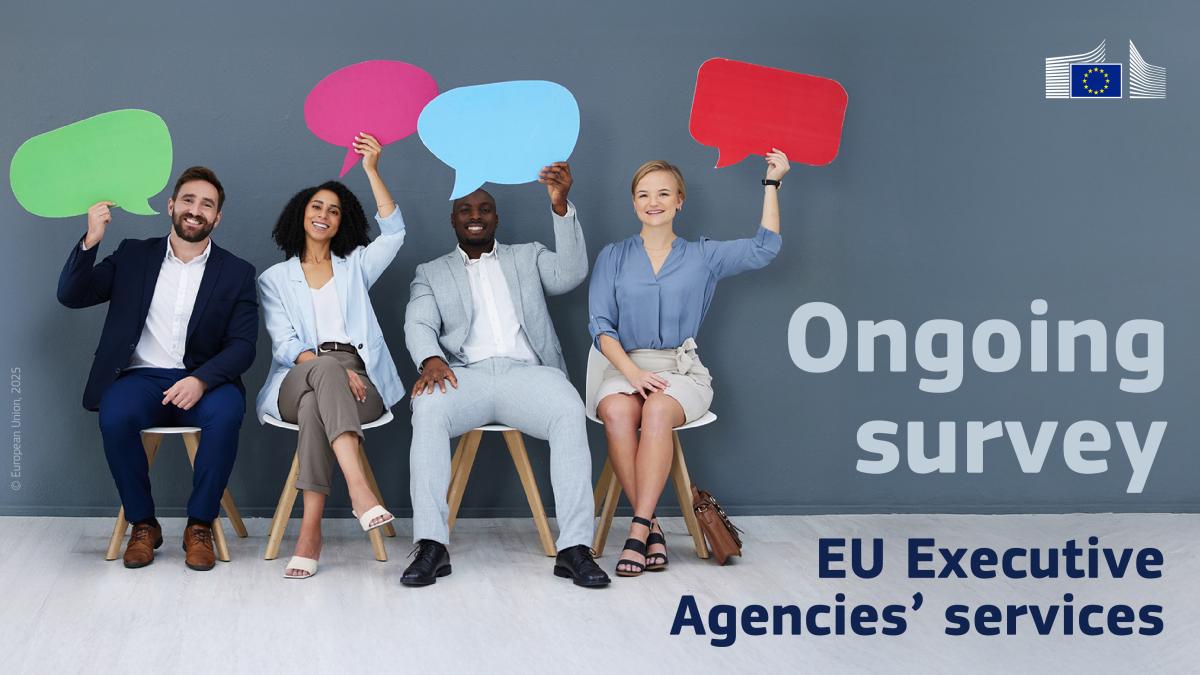

© FRVS+MPCP 2022. The European Times® News is registered as an EU Trademark. All rights reserved. The European Times® and the logo of The European Times® are EU trademarks registered by FRVS+MPCP.
Members/Partners of

About Us
Popular Category
DISCLAIMER OPINIONS: The opinions of the authors or reproduced in the articles are the ones of those stating them and it is their own responsibility. Should you find any incorrections you can always contact the newsdesk to seek a correction or right of replay.
DISCLAIMER TRANSLATIONS: All articles in this site are published in English. The translated versions are done through an automated process known as neural translations. If in doubt, always refer to the original article. Thank you for understanding.
DISCLAIMER PHOTOS: We mostly used photos images that are readily available online, from free sources, or from the people promoting the news. If by any chance it happens that we have used one of your copyrighted photos, please do not hesitate to contact us and we will take it down without question. We do not make profits as this is a not for profit project to give voice to the voiceless while giving them a platform to be informed also of general news, and it is completely free.
Editor Picks
Politics
Estonian Orthodox Church of the Moscow Patriarchate Receives Court Registration
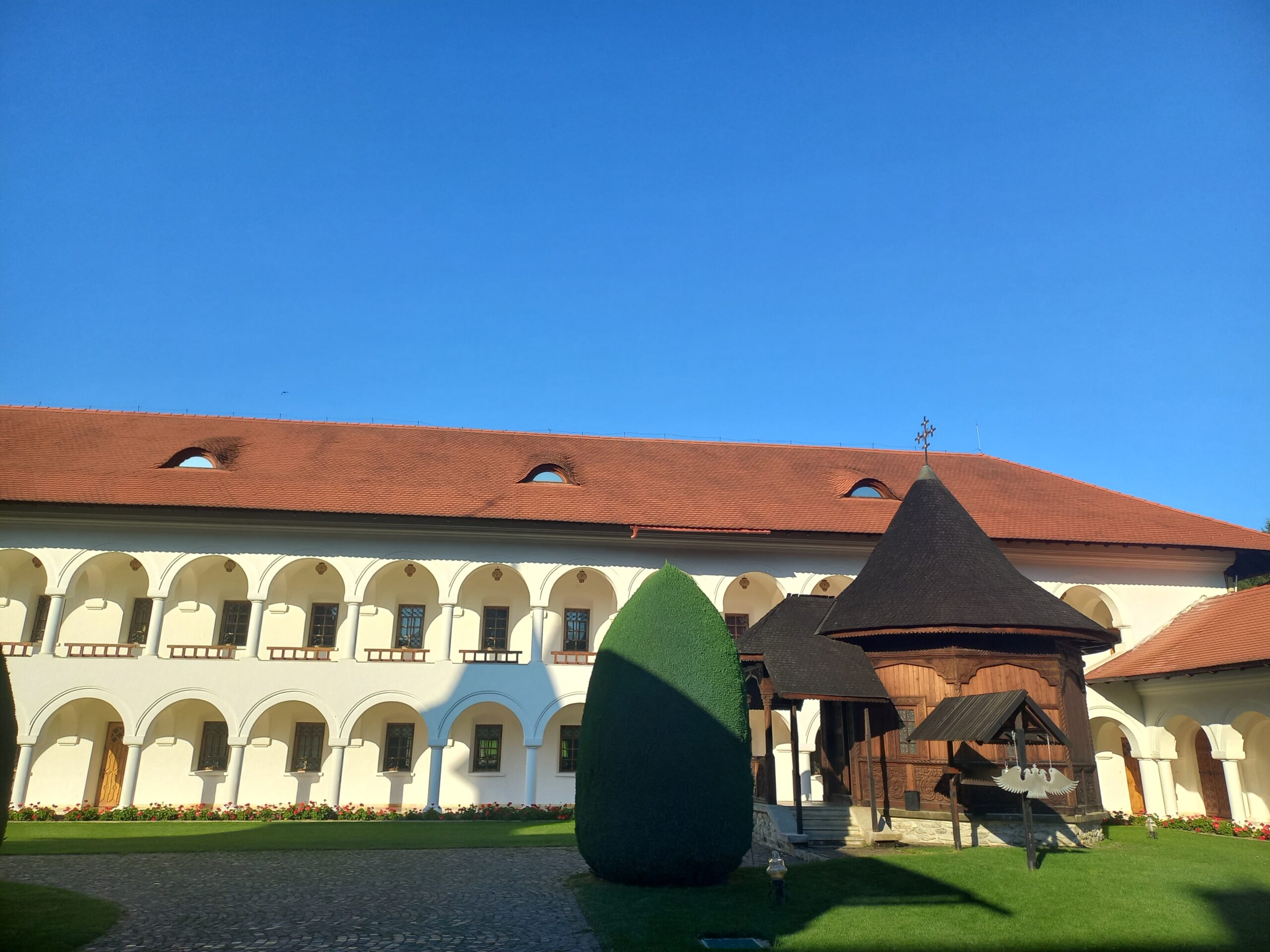
The Estonian Orthodox Church of the Moscow Patriarchate (EOCM) has been granted the right to be called the Estonian Orthodox Church in court. The registration of this name was initially denied and was considered misleading, as this church does not encompass all Orthodox Christians in Estonia.
On March 24, the Tartu District Court upheld the appeal filed on behalf of the Estonian Orthodox Church of the Moscow Patriarchate, and according to the court’s decision, the new name is in accordance with the law and is not misleading regarding the purpose, scope or legal form of the church. This court decision is final and has entered into force.
Estonian Minister of the Interior Lauri Laenemetz initiated a government bill in 2024 that would ban the activities of parishes in Estonia affiliated with organizations that support Russian aggression. According to the minister, these legislative changes are necessary because the Orthodox Church, which is subordinate to the Moscow Patriarchate, is the most important instrument of influence of Russia and the Kremlin in Estonia.
Taras Antoshevsky from the Religious Information Service of Ukraine (RISU) spoke with Ringo Ringvi, an advisor at the Department of Religious Affairs of the Ministry of Internal Affairs of Estonia, about the situation of the Orthodox Church of the Moscow Patriarchate in Estonia.
Politics
Plastic pellet losses: Council and Parliament agree on new rules to reduce microplastic pollution

Today, the Council and the European Parliament provisionally agreed on a regulation on preventing the loss of plastic pellets – the industrial raw materials used to make plastic products – into the environment. The new rules will help improve the handling of plastic pellets at all stages of the supply chain, both on land and sea.
Microplastics, including plastic pellets are now found everywhere — in our oceans, seas and even in the food we eat. Each year, the equivalent of up to 7,300 truckloads of plastic pellets are lost to the environment. Today, the EU has taken a landmark step toward reducing pellet pollution by adopting measures to tackle losses and ensure correct handling, including in maritime transport.
Paulina Hennig-Kloska, Polish Minister for Climate and Environment
Stronger prevention of pellet losses
Under the new rules, prevention of plastic pellet losses would be the main objective for operators and EU and non-EU carriers. A clear framework sets out obligations for cases of accidental losses focusing on clean-up operations. A clear set of measures will be included in a risk management plan, prepared by each installation handling pellets. Such measures would tackle, among others, packaging, loading and unloading, staff training, as well as necessary equipment.
To provide for a level playing field between the EU and non-EU carriers and to ensure accountability and transparency for all carriers of plastic pellets, non-EU carriers will have to designate an authorised representative in the EU.
Achieving simplification and compliance
In line with the simplification goals for smaller companies and reflecting the Council’s approach, the provisional agreement strikes a balance between a high level of environmental protection and the requirements for companies adapted to their different size. In this sense, operators that handle above 1 500 tonnes of plastic pellets annually will have to obtain a certificate issued by an independent third party. Small companies also handling above 1 500 tonnes per year will benefit from lighter obligations, such as one-off certification to be done in 5 years after the entry into force. Finally, companies handling less than 1 500 tonnes annually and microenterprises will only need to issue a self-declaration of conformity.
Maritime transport
The persistence of a plastic pellet in an aquatic environment can be measured over decades or more, since plastic pellets are not biodegradable. Moreover, maritime transport accounted for around 38% of all pellets transported in the EU in 2022.
Therefore, the co-legislators also agreed to set obligations for the transport of plastic pellets by sea (in freight containers), including ensuring good quality packaging and providing transport and cargo-related information, following the guidelines of the International Maritime Organisation.
Next steps
The provisional agreement will now have to be endorsed by the Council and the Parliament. It will then be formally adopted by both institutions, following a legal and linguistic review, and published in the Official Journal of the EU. The regulation will then become applicable 2 years after publication. To facilitate compliance within the maritime sector, the co-legislators agreed to postpone the application of relevant rules by one year (compared to the rest of the rules set out in the regulation).
Background
It is estimated that between 52 140 and 184 290 tonnes of pellets were lost into the environment in the EU in 2019. Pellet losses can occur at various stages along the value chain. Currently, no EU rules specifically cover plastic pellet losses, despite their adverse impacts on the environment, the climate, the economy and potentially on human health. Plastic pellets rank third among the largest sources of unintentional microplastic releases, after paints and tyres.
Politics
World Health Day promotes healthy futures for mothers and babies
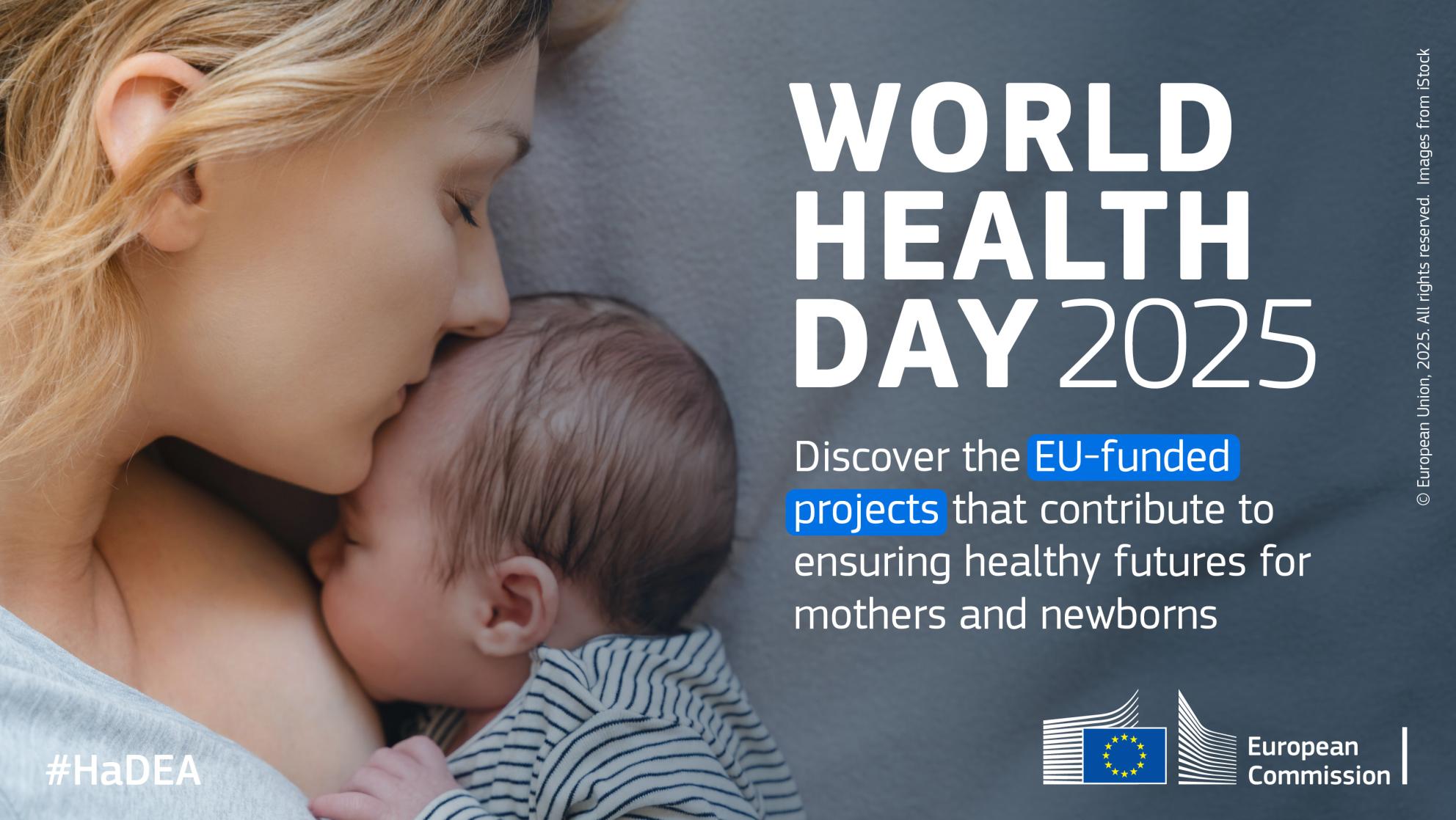
Improving maternal health remains a priority for the World Health Organization (WHO) and the EU. Although maternal mortality rates remain high in many regions globally, in the WHO European Region the maternal mortality rate declined by more than 50% between 2000 and 2020.
Care by skilled health professionals before, during and after childbirth can save the lives of women and newborns. That is why this year’s World Health Day, on 7 April 2025, focuses on drastically enhancing maternal and newborn health on a global scale. The WHO aims to raise awareness, provide useful health information, advocate for investments, and encourage collective action.
HaDEA manages EU-funded projects under the programmes EU4Health, Horizon Europe and Horizon 2020 that are committed to improving the health of mothers and babies.
Horizon
The recently finished Horizon 2020 project ALERT has achieved significant outcomes in the care for mothers and children in 16 hospitals in 4 countries in Africa – Benin, Malawi, Tanzania and Uganda: the perinatal mortality was reduced by 25% across these sites. This remarkable outcome was achieved through the co-design of interventions to define midwifery professionalism, the development of a training package that includes leadership mentoring and the improvement of quality care at childbirth – combined with the development of a perinatal e-registry to allow for impact calculation.
The project’s interventions could improve newborn health outcomes in hospitals at a reasonable cost in Sub-Saharan Africa, where high mortality and limited resources are common.
BornToGetThere, another recently finished Horizon 2020 project, has significantly enhanced early detection, surveillance, and intervention for infants at high risk of Cerebral Palsy (CP). This project has delivered tangible benefits by being the first initiative to develop and implement an International Clinical Practice Guideline across multiple countries, such as Italy, Denmark, Netherlands, Georgia, Sri Lanka and remote populations in Australia (Remote Queensland and Western Australia). It has also provided stakeholders with valuable educational resources. The project aims to extend training to more European countries as well as its methodology to other paediatric conditions.
The project managed to:
- Train over 1000 healthcare professionals in cutting-edge tools for the early detection and management of infants with CP and their families;
- Screen more than 5000 babies, identifying over 500 as high-risk for CP, and subsequently referring them to specialised intervention programmes.
The ongoing HIGH Horizons project examines how rising heat from climate change affects the health of pregnant and postpartum women, newborns, young children and maternity care health workers. As part of an expert group convened by the WHO, this Horizon Europe project aims to develop population-level heat-health indicators. Furthermore, HIGH Horizons is testing a prototype of a personalised heat-health early warning mobile app.
The project is also refining a tool to reduce the carbon footprint and heat of health facilities, enhancing overall wellbeing.
EU4Health
Mind the Mum is a project aiming at improving perinatal mental health (PMH) by designing tools and interventions to support mothers. For this purpose, the project is:
- Conducting nationwide needs analysis in Cyprus and Slovenia, for the transfer of lessons learnt and best practices from Poland and Spain;
- Building partnerships between health professionals, decision-makers and parent activists to co-develop effective prevention measures;
- Promoting policies and professional trainings to address maternal mental health conditions;
- Raising public awareness, reducing stigma and encouraging dialogues on PMH.
IMAGINE-HMB is working towards developing harmonised, evidence-based guidelines that ensure the safety and quality of donor human milk (DHM) to implement the 2024 EU Regulation on standards of quality and safety for substances of human origin intended for human application.
The project encompasses several objectives:
- Creating a DHM expert forum;
- Drafting guidelines for the implementation of technical standards and for the adherence to oversight requirements;
- Establishing a comprehensive implementation plan to support human milk banks;
- Creating a post-project strategy for ongoing support and to ensure up-to-date guidelines;
- Providing a training programme and digital tools for professionals.
Relevant links
World Health Day – healthy beginnings, hopeful futures
Background
Horizon Europe is the research and innovation programme of the EU for the period 2021-2027. The aims of Cluster 1 ‘Health’ include improving and protecting the health and well-being of citizens of all ages by generating new knowledge, developing innovative solutions and integrating where relevant a gender perspective to prevent, diagnose, monitor, treat and cure diseases. Horizon 2020 (H2020) was the EU’s multiannual funding programme between 2014 and 2020.
EU4Health is the fourth and largest of the EU health programmes. The EU4Health programme goes beyond an ambitious response to the COVID-19 crisis to address the resilience of European healthcare systems. The programme provides funding to national authorities, health organisations and other bodies through grants and public procurement, contributing to a healthier Europe. HaDEA manages the vast majority of the total EU4Health budget and implements the programme by managing calls for proposals and calls for tenders.
-

 EU & the World7 days ago
EU & the World7 days agoPaul Mescal’s Girlfriend: Who Is the Actor Dating?
-

 EU & the World7 days ago
EU & the World7 days agoIs Cory Booker Still Speaking? How Long His Filibuster Lasted
-
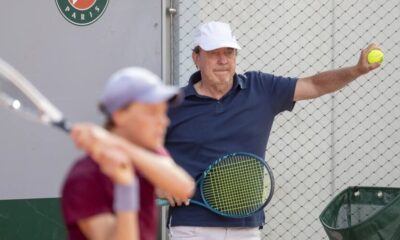
 Sports6 days ago
Sports6 days agoJannik Sinner, Riccardo Piatti name 4 names for post-Darren Cahill
-

 Sports6 days ago
Sports6 days agoLewis Hamilton, disqualification behind: “Immediately looked ahead”
-

 EU & the World7 days ago
EU & the World7 days agoVal Kilmer’s Health: His Battle With Cancer & How He’s Feeling Now
-
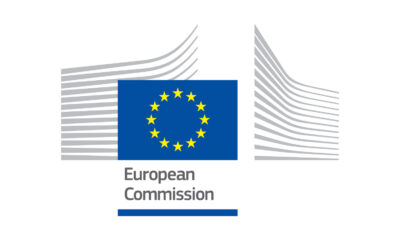
 Politics6 days ago
Politics6 days ago36 000 free EU travel passes for 18-year-olds
-

 EU & the World7 days ago
EU & the World7 days agoVal Kilmer’s Cause of Death: What Happened to the Late ‘Top Gun’ Star
-
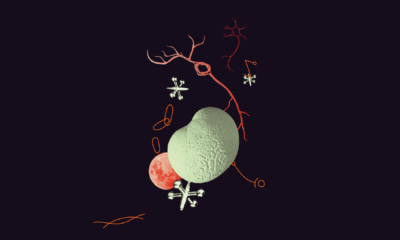
 Politics6 days ago
Politics6 days agoMSCA awards €608.6 million for doctoral programmes









